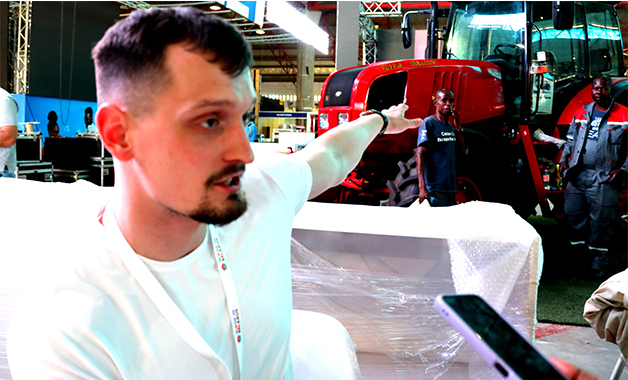Why the best candidate does not get the job?

Davies Ndumiso Sibanda, Labour matters
MANY people wrongly think the candidate with the highest score in an interview must get the job and get surprised when a lowly placed candidate is appointed.
Employee selection is a long process that takes into consideration many things and getting the highest score in an interview might not necessarily mean one gets the job.
At the end of the interview, the panel usually looks at the scores and key requirements of the job. For example, the candidate who got the highest score might have scored the lowest on the human relations factor, which is key in a marketing job.
He will not get the job but the candidate who scores the highest in human relations might get the job.
In an accounting job the core score for a cost accountant could be analytic skills meaning that even if one got the highest score if he fared badly on the analytic skills questions, he will not get the job.
Marital status could be a key selection factor in some jobs.
The employer can look at the type of accommodation, availability of schools or shared accommodation and decide on a single person or someone with a small family, which can be accommodated in the available accommodation despite having had lower score at interview.
At times the total cost to the company of the employee could be a determining factor. For example, the best candidate at interview could have three children at university and the company has a policy that pays school fees for children up to university.
Due to budget limitations the cost of children’s education could be a cost the prospective employer would like to avoid at the time.
The best candidate in an interview for a managerial employee could be coming from very far, meaning every Friday he has to leave early and come back on Sunday or Monday using the employer’s vehicle at a cost, not to mention lost productive time. This could also lead to other selection options.
On reference checking it could be found that the candidate lied about work history or some other thing he said or falsified qualifications and experience. All these could lead to disqualification.
At times referees are sent emails to comment and provide reference on a prospective candidate and they do not do that. If such referee was critical the candidate will be dropped despite best score.
There are cases where best candidate’s conduct at an interview could have exposed personality that is likely not to fit with the organisation culture or strategic direction of the organisation. Such candidate is likely to be dropped.
I have had occasions where some candidates have been dropped after an interview, when during reference checks their work attendance history is bad, have bad disciplinary records, have been involved in cases of indecent assault, sexual harassment, drunkenness history, violence history in and out of work and many others.
All these will result in the best interview candidate falling by the wayside. Many who have done well at an interview, have failed to make it due to incongruent psychometric tests and other mental fitness test results.
I have had sales representatives doing very well at interview, but because the territory they are going to cover is dominated by a language they cannot speak, they lose out.
The strategic direction of the organisation had disqualified some of the best candidates at an interview in terms of age and organisational renewal focus or gender, if an organisation is on a female inclusion plan and best candidate was male.
In conclusion, there are many other factors that are taken into consideration. However, most of them will always attract controversy, emotions and in worse cases litigation.










Comments